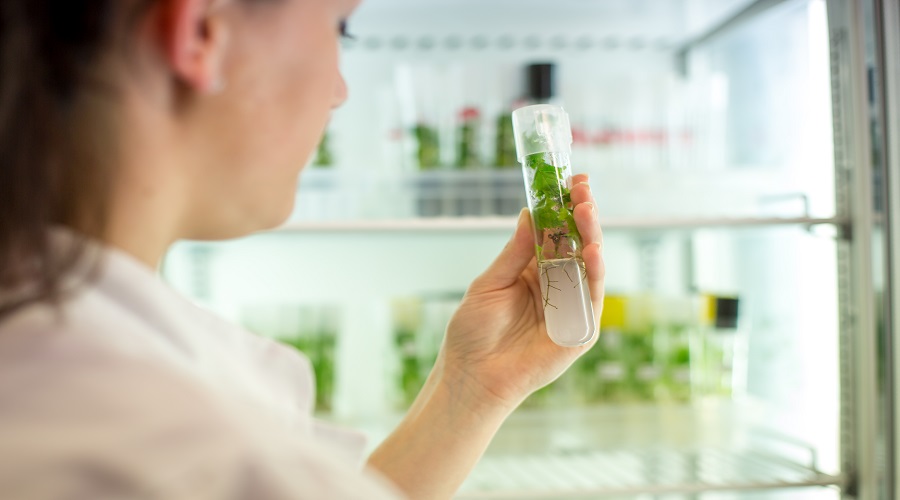How to ensure a sustainable and healthy food model while the global population continues growing? This is one of the key questions guiding the Tribiome project, funded by the European Union. In this project, a consortium of 13 institutions specialized in this field is already working to develop a model capable of enhancing the performance and quality of durum wheat crops (Triticum durum).
To attain this, the Tribiome project focuses on the comparative study of microorganism communities inhabiting agrosystems dedicated to wheat cultivation in different latitudes (Spain, Italy, and South Africa). The goal is twofold: to use these microorganisms and the substances they produce to enhance performance by increasing resistance to stress conditions and to improve nutritional quality by boosting the micronutrient content of wheat grains.
Close collaboration among the various consortium partners becomes imperative. ValGenetics, as a private biotechnological center, plays a crucial role by providing a pre-validation platform for the predictive model, both under in vitro and greenhouse conditions. This laboratory will validate whether the microorganisms selected in the preliminary phase for their benefits indeed fulfill the intended function.
How are in vitro trials?
In vitro culture techniques enable us to conduct trials with a high number of experimental subjects in a confined space and within a relatively short timeframe. These characteristics allow to identify the most promising candidates for the subsequent validation phase for a preliminary screening.
And in a greenhouse?
Following the in vitro screening, it is also necessary to conduct a portion of the trials in a greenhouse. Greenhouse cultivation serves as a preliminary step before the scaling-up process involved in field production. In this case, there will be a screening of modulators (microorganisms and elicitors) under semi-controlled conditions, attempting to emulate, as closely as possible, the field conditions during the production phase. For the execution of this task, the experimental design aims to incorporate factors such as abiotic stress and supplementary fertilization.
Subsequent field validations
All the knowledge acquired during the previous phases will be used for the development of agronomic management protocols under real production conditions. Field trials will be conducted to assess the effect of applying these modulators under the changing conditions that are common in farms dedicated to the cultivation of this cereal.
Contact catherine.malingreau@wagralim.be or Follow the project’s LinkedIn page

